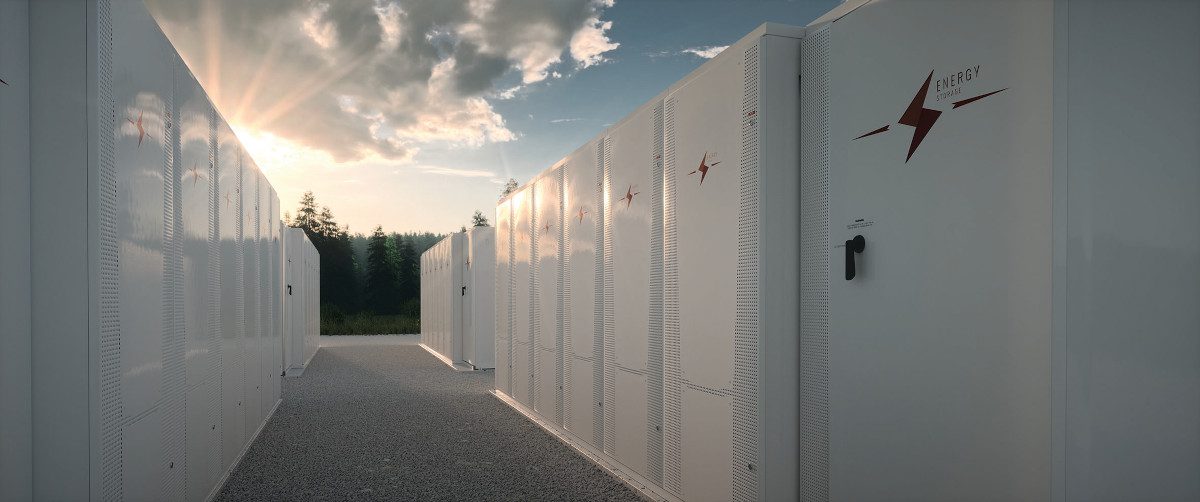
Long-duration energy storage (LDES) can abate up to 65% of industrial emissions using currently existing technologies, according to a new report from decarbonization nonprofit the LDES Council and management consultancy Roland Berger.
Industrial carbon dioxide emissions account for around one quarter of greenhouse gasses emitted annually worldwide. Growing by more than two percent annually, these industrial emissions are increasing the difficulty of achieving global net-zero emissions targets.
The report – Driving to Net Zero Industry Through Long Duration Energy Storage – concludes that the four categories of LDES technology – electrochemical, thermal, mechanical, and chemical – are viable, cost-effective, and readily applicable options now for industrial decarbonization when paired with renewable energy.
By storing energy during the lowest cost times or during periods when production is higher than consumption, long-duration energy storage provides reliable power for off-grid applications and reliable heat and power for grid connected industrial applications.
Julia Souder, CEO of the LDES Council, said: “Decarbonizing industry is one of the largest challenges we face on our journey to achieve net zero. This report finds that there is no time to waste and no reason to delay action. LDES and renewables can be crucial in cost-effectively reducing emissions across key industrial sectors in the short, medium, and long term.”
Major industrial players are investing in these technologies, with Microsoft, Tata Steel and BHP already embarking on projects to demonstrate the ability of LDES technologies to decarbonize their operations.
In off-grid facilities, LDES can replace expensive diesel fuel with more affordable renewable electricity, providing round-the-clock power for industrial customers.
Providing energy storage beyond ten hours can enable remote mines, data centers, and other off-grid industrial operations to run on 24-7 carbon-free power.
LDES also supports decarbonizing high-temperature industrial manufacturing, which currently relies on burning fossil fuels to produce heat.
This demand for industrial heat is expected to grow by 34% between 2019 and 2040, with low and medium-temperature heat the fastest-growing segments.
LDES can reduce these emissions at food processing and chemical facilities with heat requirements below 500°C. The food and chemicals industries alone account for over 20% of industrial emissions. Meeting their needs with thermal energy storage solutions powered by electricity from the grid will have a sizable impact on global emissions.
To meet these targets, new policy mechanisms may be necessary to bridge current cost gaps. Long-term market signals, secure revenue mechanisms, and technology support will accelerate industrial decarbonization.
Julia Souder continued: “Some of the world’s biggest companies are adopting long duration energy storage technologies to support industrial processes. However, we require policy-makers to create the right market mechanisms and provide effective support to supercharge the success of these solutions.”







